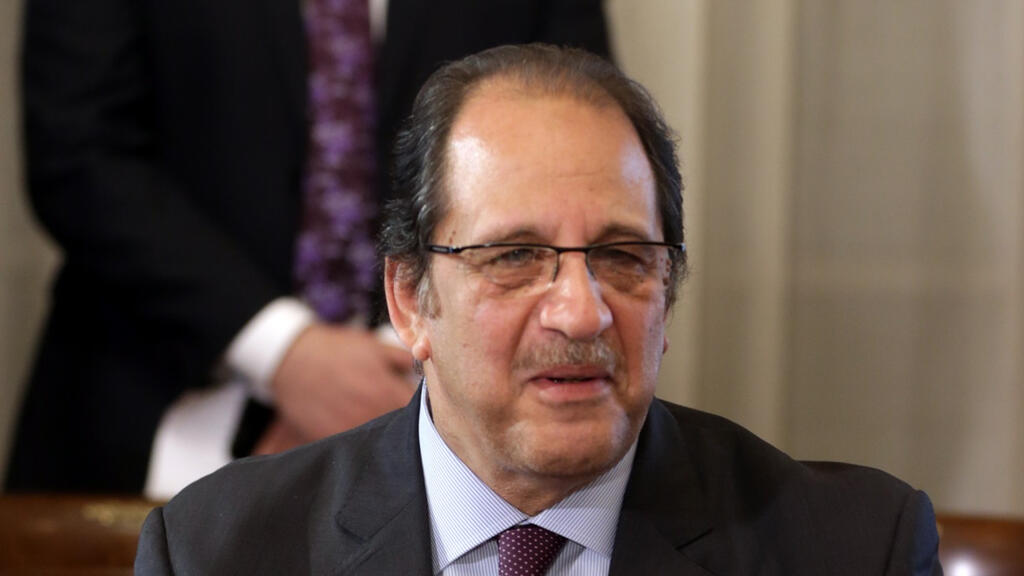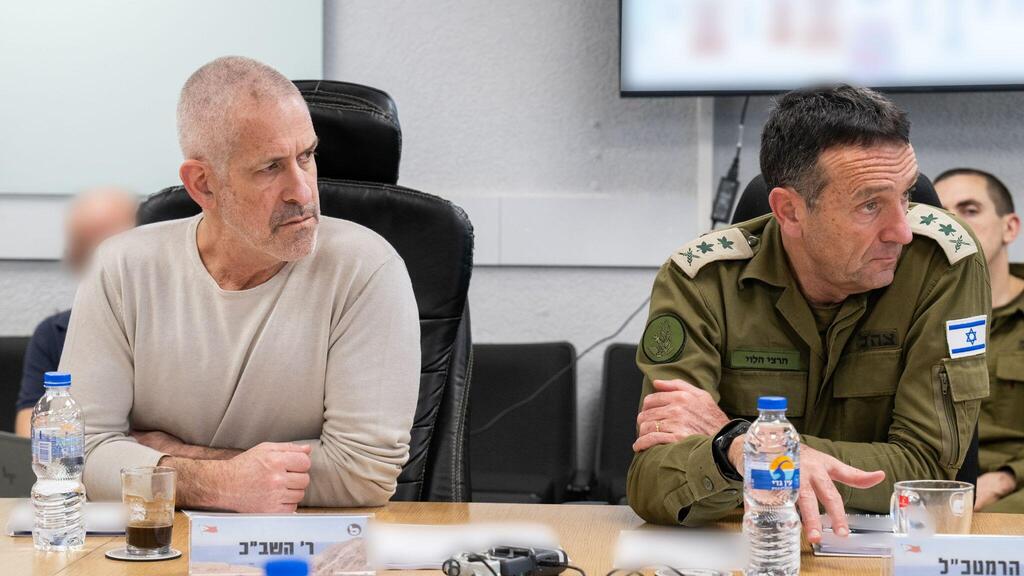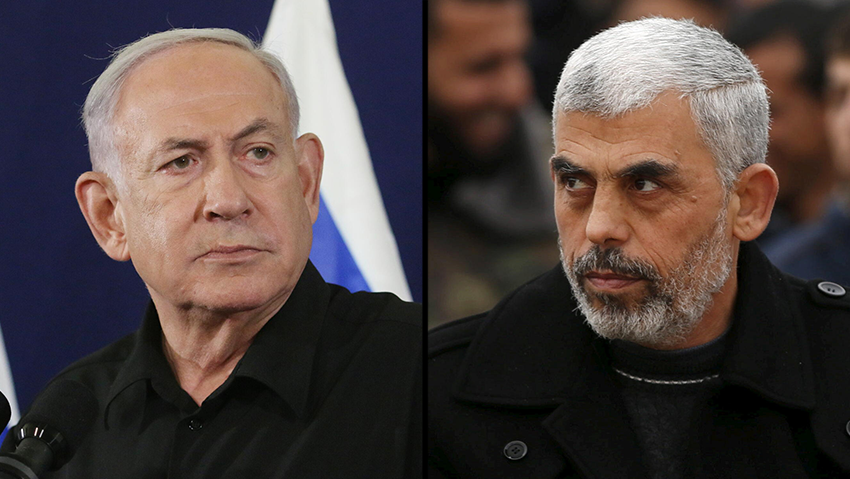Getting your Trinity Audio player ready...
Egypts chief of intelligence Abbas Kamel is expected to arrive in Israel on Friday at the head of a delegation to meet with officials in efforts to prevent an offensive on the southern Gaza Strip city of Rafah.
Egyptian officials told the Qatari owned Al Araby al Jadeed newspaper that Kamel will meet with Mossad Chief David Barnea and head of the National Security Council, Tzachi Hanegbi , among others to discuss a long-term cease-fire and the release of hostages held captive by Hamas.
The new Egyptian proposal, the source told the paper, would give both sides to the conflict, what they consider their primary goal, adding that the concern for the situation in Rafah, prompted Egypt to try to postpone any IDF operation there.
"The Egyptian vision includes returning displaced Gazans to the northern areas of the Strip, withdrawal of IDF troops from most of the central areas and freedom of movement in the Strip, for residents. It is based on a general cease-fire, exchange of prisoners and periods of calm without prisoner exchanges," the source said.
The paper also reported that Egyptian security officials increased the level of alert in the area of the Suez Canal and instructed hospitals to be prepared for an emergency.
Kamel presented the Egyptian proposal to visiting Shin Bet Chief Ronen Bar and Chief of Staff Herzi Halevi in Cairo on Wednesday. It is comprised of three interconnected items. Hamas demands the release of 50 Palestinian prisoners serving sentences in Israeli jails in exchange for each soldier being held hostage to be released and 30 Palestinian prisoners for each civilian hostage.
The first item in the Egyptian plan would see Israel commit to suspending any preparation for its planned offensive on Rafah. Kamel said that was not only the Egyptian position but also one held by the United States and the EU who are concerned for the safety of civilians in case of a military assault on the city.
The second item is the release of all Israeli hostages in pulses, 10 days apart. Egypt did not specify the number of hostages, which they may not even know, but said that all hostages would be released in exchange for the freeing of hundreds of convicted Palestinian terrorists from jail.
The third item is a year-long cease-fire with both Israel and Hamas committing to it. During that time, a declaration would be made on the formation of a Palestinian state. This declaration would be a joint and would include the U.S., Egypt, Jordan and the PA.
Officials in Cairo told Ynet that Bar and Halevi have not responded to the Egyptian proposal but committed to bringing it to Prime Minister Benjamin Netanyahu and the war Cabinet.
The officials also said that Kamel told the visiting Israelis that release of the hostages in exchange for Palestinian prisoners could be in two or three stages.
The war cabinet authorized the negotiating team to continue talks with the Egyptian delegation in the genuine aim of reaching a deal, while the offensive on Rafah looms. Israeli officials say the offensive is important because it would pressure Hamas while its leader Yahya Sinwar is entrenched in his demands to end the war as a condition for the freeing of the captives. The cabinet discussed the release of 33 of the hostages.
First published: 11:04, 04.26.24




